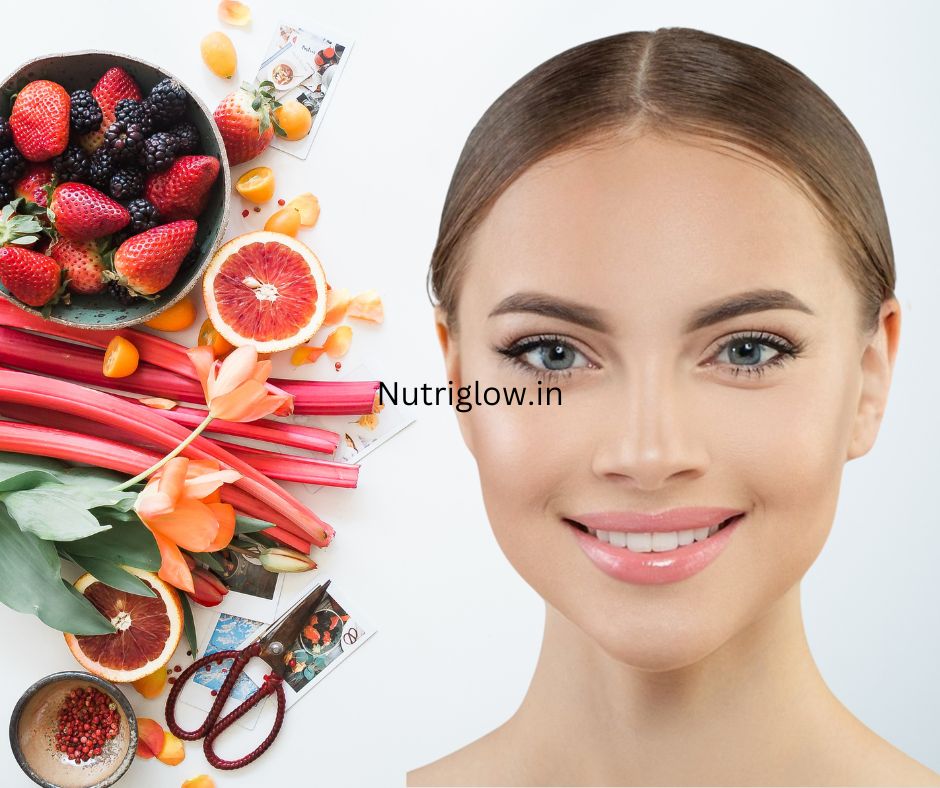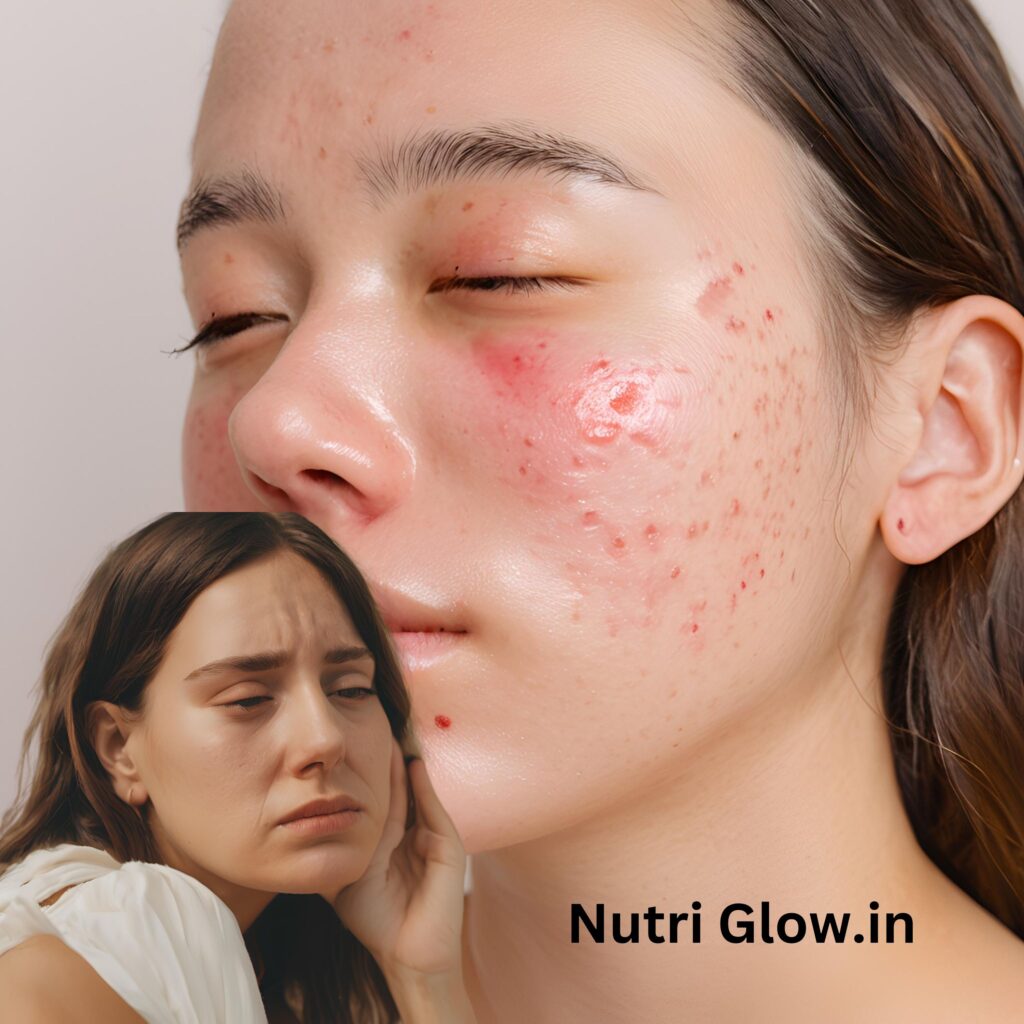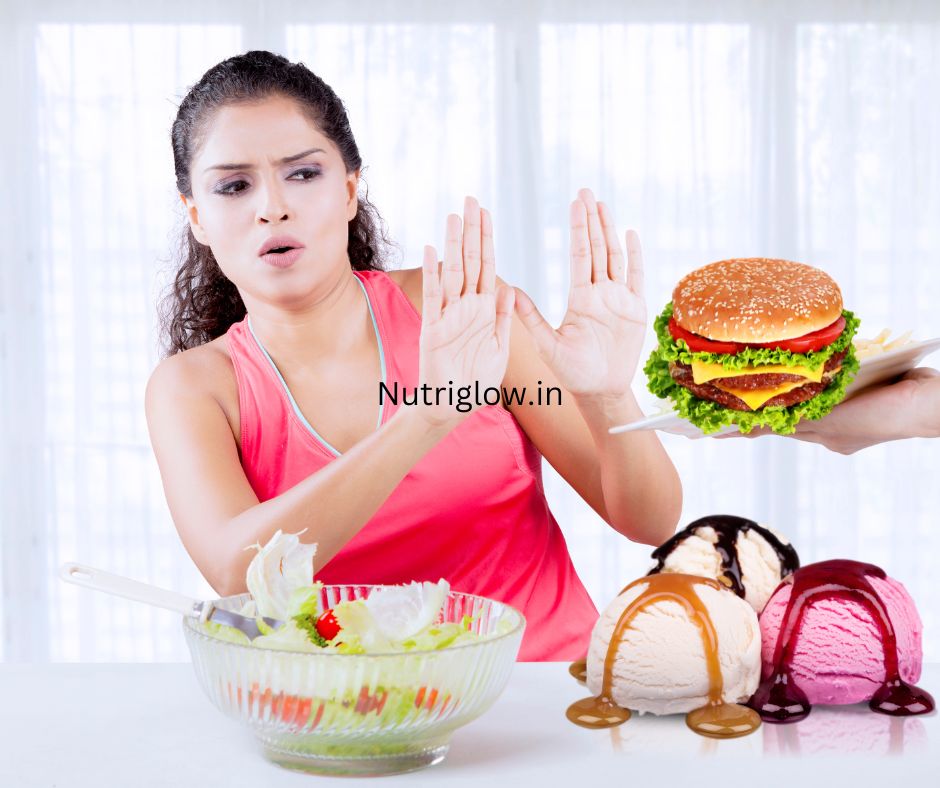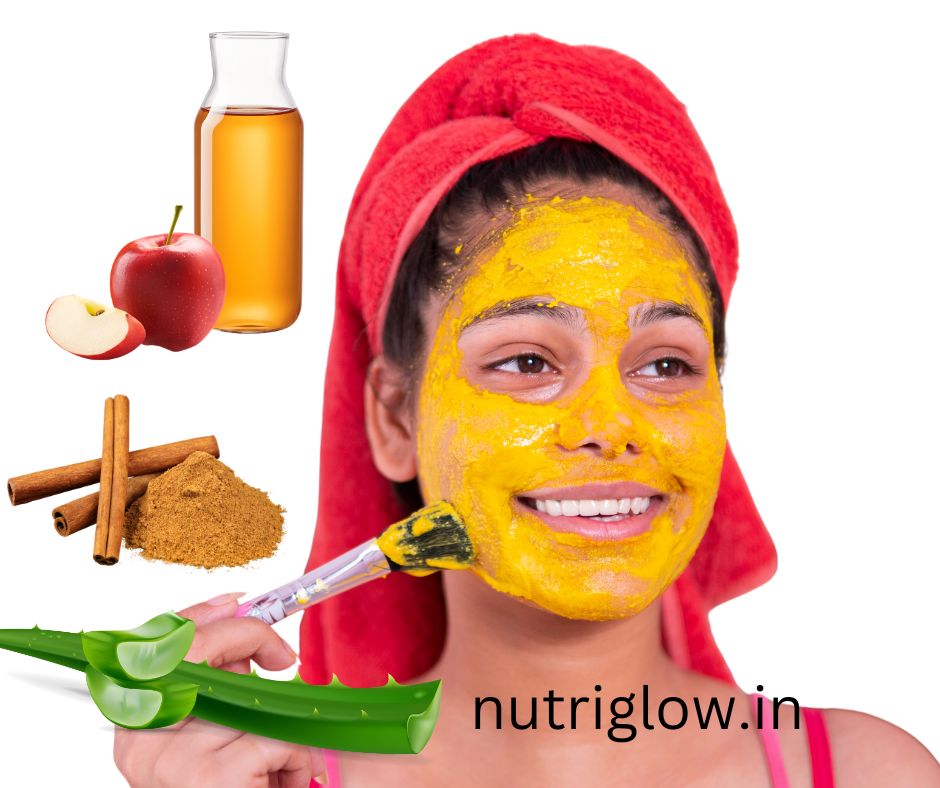
acne free diet plan
Is our eating causing acne to worsen? Yes Food habits,Genetics, hormones, stress, and lifestyle are major reasons that affect acne, a common skin disorder.
Avoid reused foods, sticky snacks, and fried foods, as these can complicate acne, and drink lots of water tollytay doused . Probiotic-rich foods like yogurt and omega-3-rich foods like walnuts and salmon can also help maintain healthy skin. When hair follicles are congested by oil painting and dead skin cells that beget acne, a common skin complaint results. pustules, papules, blackheads, or indeed bigger, more uncomfortable pustules may affect from this. Although it can affect people of all periods, it’s most current during nonage owing to hormonal changes. Although acne is generally not dangerous, it can be annoying and sometimes beget scars if left undressed. It constantly develops on the face, casket, back, and shoulders
Reasons for Acne on Face:

Acne: Acne is a common skin condition that arises when bacteria, dead skin cells, and oil painting clog the skin’s hair follicles. These are the main reasons Overproduction of Oil Sebum, or oil painting, is produced by your skin naturally, but sometimes it can induce too important.Acne may affect from clogged pores caused by this important oil painting.
Hormonal Changes: Hormonal Changes Stress, period, gestation, and puberty can all beget changes in your body’s hormone situations. These differences may beget the skin to produce further oil painting, which increases the liability of acne.
Clogged Pores: Clogged Pores Bacteria can thrive in clogged pores caused by dead skin cells that are n’t duly removed along with oil painting.
Bacteria: Bacteria Although bacteria are present in the skin naturally, they can come trapped inside unrestricted pores and beget inflammation and flights.
Diet and Lifestyle: Diet and Lifestyle Consuming a lot of unctuous or sticky foods and drinking inadequate water might aggravate acne. Acne can also be aggravated by stress, sleep privation, or shy facial hygiene. drug Some medicines, similar as birth control capsules or steroids, might alter hormones and affect in acne.
The Best Acne-Free Diet Plan: Foods to Eat and Avoid
Genetics, hormones, stress, and life are some variables that affect acne, a common skin complaint. Among these, diet is a major factor in either encouraging or inhibiting acne outbreaks. Although there’s no bone – size- fits- all diet, consuming the correct blend of nutrients can help lower inflammation and enhance the condition of your skin. Then is how to produce a diet that will not beget acne and what foods to stay down from.To get clear skin, the following acne-free diet plan and healthy habits like exercises and contemplation also used to help acne Vegetables and Fruits Fruits and vegetables, which are high in antioxidants, vitamins, and minerals, help fight oxidative stress and inflammation.
Vegetables and Fruits: Vegetables and Fruits Fruits and vegetables, which are high in antioxidants, vitamins, and minerals, help fight oxidative stress and inflammation.
Berries: Among the skin-friendly choices are Berries. Berries are rich in vitamin C and other antioxidants that help lower inflammation.
Leafy greens: Vitamin A, which is necessary for skin rejuvenescence, is abundant in spinach and kale. Sweet potatoes with carrots rich in beta- carotene, which is converted into vitamin A by your body.
Sweet potatoes with carrots: Sweet potatoes with carrots rich in beta- carotene, which is converted into vitamin A by your body
Omega-3s: Adipose Acids Omega- 3s, which are present in walnuts, chia seeds, and adipose fish( salmon, mackerel, and sardines), have potentanti-inflammatory rates that may prop in the treatment of acne.
Probiotics: Probiotics Skin health is appreciatively identified with gut microbiota. Incorporate probiotic-rich foods similar as kefir( a thin yogurt), sauerkraut( a type of instigated cabbage), and yogurt to keep your gut in balance and lower inflammation.
Whole Grains: Whole Grains Oats, brown rice, and quinoa are exemplifications of whole grains with a low glycemic indicator, which helps to avoid blood sugar harpoons that can beget hormonal imbalances and flights of acne.
GreenTea: GreenTea Tea with Green Leaf Rich in polyphenols and antioxidants, green tea helps lower sebum product and help inflammation.
Zink Foods: Zink Foods Rich in Zinc For healthy and repairing skin, zinc is essential. Foods like shrimp, chickpeas, lentils, and pumpkin seeds are abundant in it.
Drink lots of water. Drink lots of water. Water consumption helps to maintain clear skin by keeping your skin moisturized and barring adulterants. Consume further hydrating foods, similar as watermelon and cucumbers.
Foods to avoid for acne-prone skin:

acne free diet plan
Avoiding Certain Foods to Manage Acne High-Glycemic Foods Foods with a high glycemic index can raise blood sugar levels quickly, which can lead to an increase in insulin production and skin oil production. Below the foods are not listed in our acne free diet plan.
Candy, cookies, and cakes are examples of sugary munchies.
Pasta and white bread are examples of refined carbs.
Sugar-sweetened drinks such as energy drinks and sodas
Dairy Products: products Made from Dairy Acne has been connected to milk, especially skim milk, in certain studies, breakouts may worsen as a result of hormonal reactions or increased sebum production.
Prepared Foods : trans fats, salt, and preservatives are frequently found in fast food, chips, and packaged snacks, which can aggravate inflammation and lead to unhealthy skin.
Caffeine: Too Much Coffee While a small amount of tea or coffee is fine, too much caffeine can cause sleep disturbances and increase stress hormones, which could be aggravating acne.
Chocolate: Chocolate, particularly milk chocolate, sometimes contains high levels of sugar and dairy, which may make acne worse for certain people; however, the research is conflicting.
Fried and Oily Foods: Although these meals may not be the direct cause of acne, their high fat content can lead to inflammation and clogged pores.
Top home remedies for acne:

Honey and Cinnamon Mask for acne prone skin:
Honey is a natural antibacterial agent, and cinnamon has anti-inflammatory properties. Together, they work wonders.
- Steps: Mix 2 tablespoons of honey with 1 teaspoon of cinnamon. After ten minutes of application on a damp face, rinse with cold water.
- How to Use: Dilute it with water or a carrier oil (like coconut oil) before dabbing it on your pimples.
Aloe Vera Gel Uses:
This miracle plant is soothing and reduces redness.
- Tip: Use fresh aloe from a plant for best results. Apply it directly to your skin or apply it with turmeric. because turmeric has scientifically anti-inflammatory benefits.
Apple Cider Vinegar Toner:
It balances skin’s pH and kills bacteria.
- Caution: Always dilute with water (1 part vinegar to 3 parts water) to avoid irritation.
Apple Cider Vinegar Benefits for Acne-Prone Skin:
1. Minimizes acne severity and frequency.
2. Reduces pore size and avoids clogging
3. Removes acne scars and hyperpigmentation.
4. Balances skin pH and oil production.
5. soothes and calms inflamed skin.
Green Tea Compress:
Packed with antioxidants, green tea reduces inflammation.
Easy Method: Brew a bag of green tea, let it cool, and apply it to your skin using a cotton ball.
Frequently Asked Questions:
1.Can drinking water alone clear acne?
Water helps flush out poisons, but it’s not a standalone cure. Brace it with a healthy diet for stylish results.
2.Are natural sugars okay for acne-prone skin?
Yes. Stick to fruits and avoid overstating honey, maple saccharinity, or other natural sweeteners.
3.How long does it take to see results after changing your diet?
utmost people start noticing advancements within 4 – 6 weeks of salutary changes.
conclusion:
Although acne can be difficult to treat, it is controllable with time and the appropriate strategy. A great and affordable way to naturally clear your skin with our acne-free diet plan. Follow these suggestions and remember to look for your health from the inside out.

Pingback: Say Good bye to Sick Days: Best Foods To Boost Your Immunity